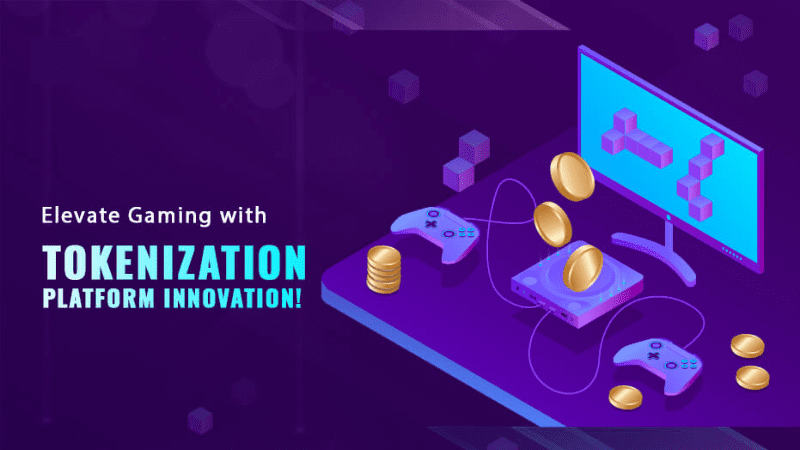Navigating the Future of Asset Management with Tokenization Platform Development

In a world where digital transformation is revolutionizing every industry, the concept of tokenization has emerged as a groundbreaking innovation, particularly in asset management. Tokenization is the process of converting rights to an asset into a digital token on a blockchain. This technology harbors the potential to disrupt traditional investment methods, making assets more accessible, markets more liquid, and transactions more secure.
Understanding Tokenization
At its core, tokenization is about digitizing assets. Whether it’s a slice of real estate, a piece of art, or company equity, tokenization transfers value to the blockchain, making it easier to buy, sell, and trade. Unlike traditional asset management, which often involves cumbersome paperwork and intermediaries, tokenized assets can be transferred directly between parties, simplifying the entire process.
The Technical Foundations of a Tokenization Platform
The backbone of any tokenization platform is blockchain technology. Blockchains are decentralized ledgers that record transactions across many computers so that the record cannot be altered retroactively. Coupled with smart contracts—self-executing contracts with the terms of the agreement directly written into code—blockchain provides a secure and transparent way to handle tokenized assets.
Key Features of a Successful Tokenization Platform
For a tokenization platform to be successful, it must have a user-friendly interface that makes it easy for asset issuers and investors to navigate. It also needs robust compliance features to navigate the complex regulatory landscape of digital assets. Furthermore, the platform should integrate seamlessly with existing financial systems to provide a smooth transition from traditional to digital asset management.
The Development Process
Developing a tokenization platform is a complex process that involves several steps. It starts with choosing the right blockchain protocol—one that balances speed, security, and scalability. Then comes the team: a tokenization platform requires a multidisciplinary team of blockchain developers, legal experts, and financial analysts to ensure the platform is technically sound and compliant with financial regulations.
Challenges and Solutions in Tokenization Platform Development
The path to creating a tokenization platform is fraught with challenges. Regulatory uncertainty looms large, as lawmakers worldwide are still grappling with how to manage and tax digital assets. Market adoption is another hurdle; businesses and consumers are often slow to trust and understand new technologies. Scalability is also a concern, as platforms must be able to handle large volumes of transactions without compromising performance. Solutions to these challenges include staying agile with regulatory changes, investing in user education, and building scalable technical infrastructure from the start.
Case Studies
Several successful tokenization platforms serve as beacons in the industry. For example, platforms like Polymath have paved the way in tokenizing securities, making it easier for companies to issue equity without going through traditional exchanges. These cases show that with the right approach, tokenization platforms can overcome initial challenges and significantly impact the asset management industry.
The Future of Tokenization Platforms
Looking ahead, tokenization platforms are poised to redefine asset management. As these platforms evolve, they will likely become more integrated with other cutting-edge technologies, such as artificial intelligence and the Internet of Things, further enhancing their capabilities and applications. The democratization of asset ownership and the increase in market liquidity are just the beginnings of the profound changes tokenization will bring to the global economy.
Conclusion
Tokenization platform development stands at the forefront of a financial revolution. By making asset management more accessible, secure, and efficient, tokenization platforms have the potential to democratize investment and unlock the value of assets that are currently illiquid or difficult to trade. As we stand on the cusp of this new era, businesses, investors, and developers alike are called to explore the potential of tokenization — not just as a tool for investment, but as a means to reshape the very fabric of asset ownership and exchange.




